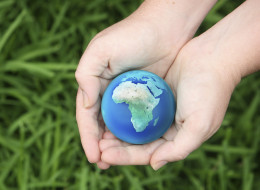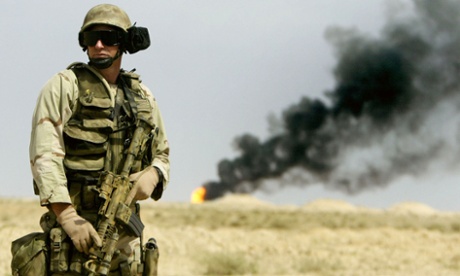The New Warrior’s Cry: Veni Vidi Vigilo – I Came, I Saw, I Protect
First published in the Huffington Post, September 8th, 2015
Since Julius Caesar pronounced his famous words, “Veni, Vidi, Vici” — “I came, I saw, I conquered” — it has been the mantra for financial progress, military victory, and sexual success.
But a few months ago, Pope Francis eloquently and convincingly called for a different relationship to our common home: “Each community can take from the bounty of the earth…but it also has the duty to protect the earth and to ensure its fruitfulness for coming generations.” Many other spiritual and secular leaders have echoed his sentiments.
As a secular Jewish fan of the Pope, and with a big dash of chutzpah, I’d summarize his proposed paradigm as follows:
Veni, vidi, vigilo.
I came, I saw, I protect.
“Veni, Vidi, Vici” has delivered us to the precipice of a planet where chaos looms. Conquering and dominating nature guides most commerce and development in the world. From Arizona to Dubai, we build where there is no food and water as if we can just overcome the problem, and eat and consume goods as if they are inexhaustible resources useful for our pleasure and convenience alone.
There is another way.
Veni, vidi, vigilo demands that we notice our surroundings, both natural and manmade, and take responsibility for our place in the picture. “Vigilo” in Latin has two meanings: “I protect” and “I keep watch.” Just as eternal vigilance is the price of liberty, keeping watch over our common home is the price of our survival. This new paradigm holds the keys to a habitable planet where plenty has a new meaning and our children and grandchildren have a shot at a stable world.
Winona LaDuke, the Native American leader, defines a warrior



